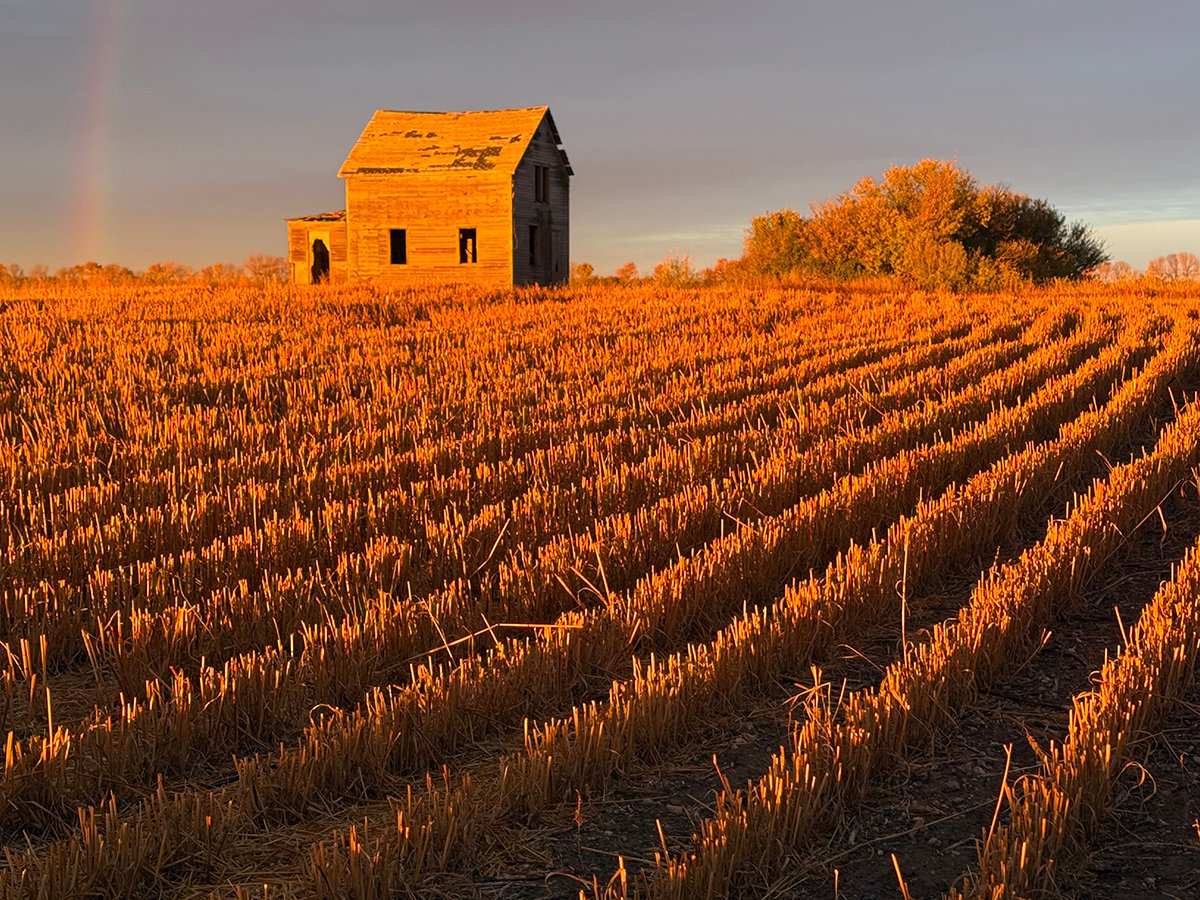‘We’re not in a rush,’ an Agriculture Canada official tells producers attending a meeting in Saskatoon last week
Prairie farmers who attended an information session last week on the thorny issue of seed royalties are no closer to knowing whether Ottawa will introduce regulatory changes that support the collection of royalties on farm-saved seed.
However, growers did receive assurances that no decisions will be made until more farmer consultations are held and the economic impact of such changes has been assessed.
“We’re not in a rush,” said Carla St. Croix, an Agriculture Canada official who led the Jan. 16 information session during CropSphere 2019 in Saskatoon.
Read Also

Forecast leans toward cooling trend
July saw below average temperatures, August came in with near to slightly above average temperatures and September built on this warming trend with well above average temperatures for the month.
“Additional (information) sessions will be held, in all likelihood. We’re not sure when, but really, this is an iterative process.
“If any of these (proposed funding models) move forward, there will need to be regulatory change … (and) there needs to be more consultation, so there’s time. There’s lots of time.”
For the past two months, Agriculture Canada and the Canadian Food Inspection Agency have been holding industry-wide discussions on a proposal known as “value-creation” in the seed sector.
At the heart of the discussion is a controversial question of whether Canadian farmers should be expected to pay trailing or back-end royalties on the use of farm-saved seed.
For decades, farmers who have used pedigreed seed to plant their crops have been paying front-end royalties, which are included in the price of pedigreed seed purchases.
But more recently, some groups have suggested that farmers should also pay back-end or trailing royalties, which would be collected when farmers plant their crops with farm-saved seed.
Groups that support the introduction of new seed royalties say additional revenue must be collected from new seed products to ensure that developers of new and improved seed varieties receive an adequate financial return on their research and development activities.
New royalties would also ensure that private and public sector plant breeding programs remain well funded and are able to invest in new breeding programs and develop new seed varieties that offer growers improved agronomic and end-use traits, enhanced disease and pest resistance, and higher yield potential.
Agriculture Canada’s consultation process has been asking for feedback on two proposed royalty collection models:
- End point royalties (EPRs) where fees are collected on every tonne of royalty-eligible commercial grain that is sold in Canada.
- Trailing contracts on farm-saved seed, where growers pay a fee on every acre that is planted with royalty-eligible farm-saved seed or on every tonne of farm-saved seed that is planted.
The latest information session in Saskatoon attracted several hundred farmers from across the province, including many who strongly opposed the concept of charging royalties on farm-saved seed, some who said they would support the notion with certain conditions, and some who said farmers who already invest millions of dollars annually in varietal development should be treated as shareholders and have more say in how profits from new seed varieties are distributed.
Dave Sefton, a producer from Broadview, Sask., said farmers are already investing in varietal development through producer checkoffs.
Any new funding system that’s targeted at increasing farmer investment must ensure that farmers are treated as investment partners, he added.
“If you want to look at a system where (producers) … are being asked to contribute to further breeding investment … (we need to) put producers in a position where they have some input,” Sefton said.
“I really think you need to … determine how we can put together (a system) where private industry (seed companies) and producers could be in a joint venture partnership … with equal benefits to both breeders, who are doing the work, and producers, who are paying the bills.”
Vicki Dutton, a pedigreed seed grower and commercial grain farmer from Paynton, Sask., said discussions on seed royalties should treat farmers like investors.
“I actually support this change … but I want you to change your terms,” Dutton told Agriculture Canada.
“This is not a consultation. It’s a negotiation, (and) farmers need a return on their investment. You can’t just give us more cost. You have to give us more return on our investment.”
Other farmers said they need to see specific information on seed royalty rates and how royalties will be collected before they support any new royalty collection scheme.
St. Croix said seed royalty consultations will continue over the next few months to ensure that farmers have had adequate opportunity to express their views.
Federal officials are open to considering other proposals, she added.
“We’re absolutely open to looking at other options.”















